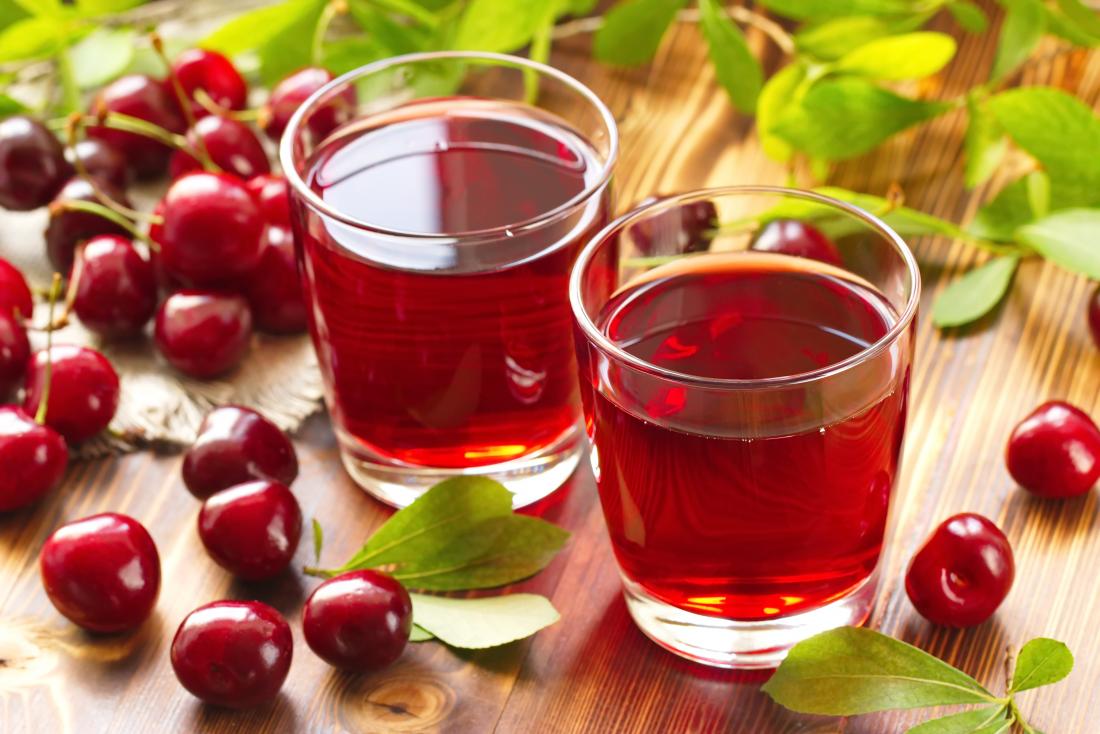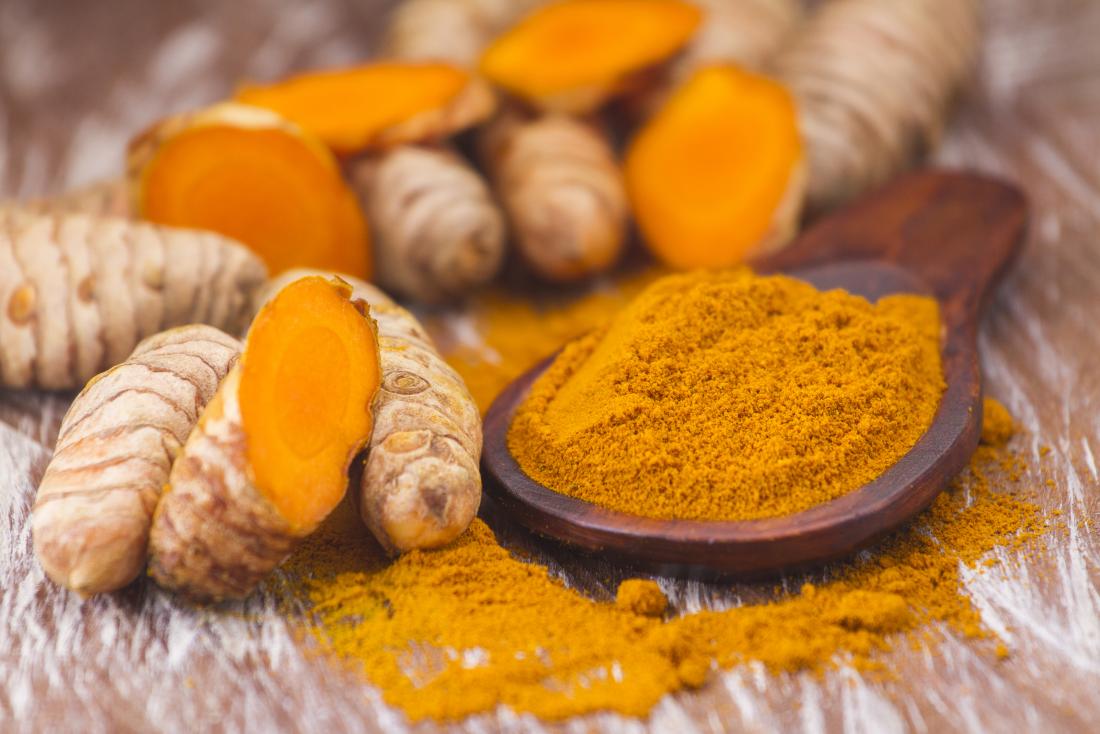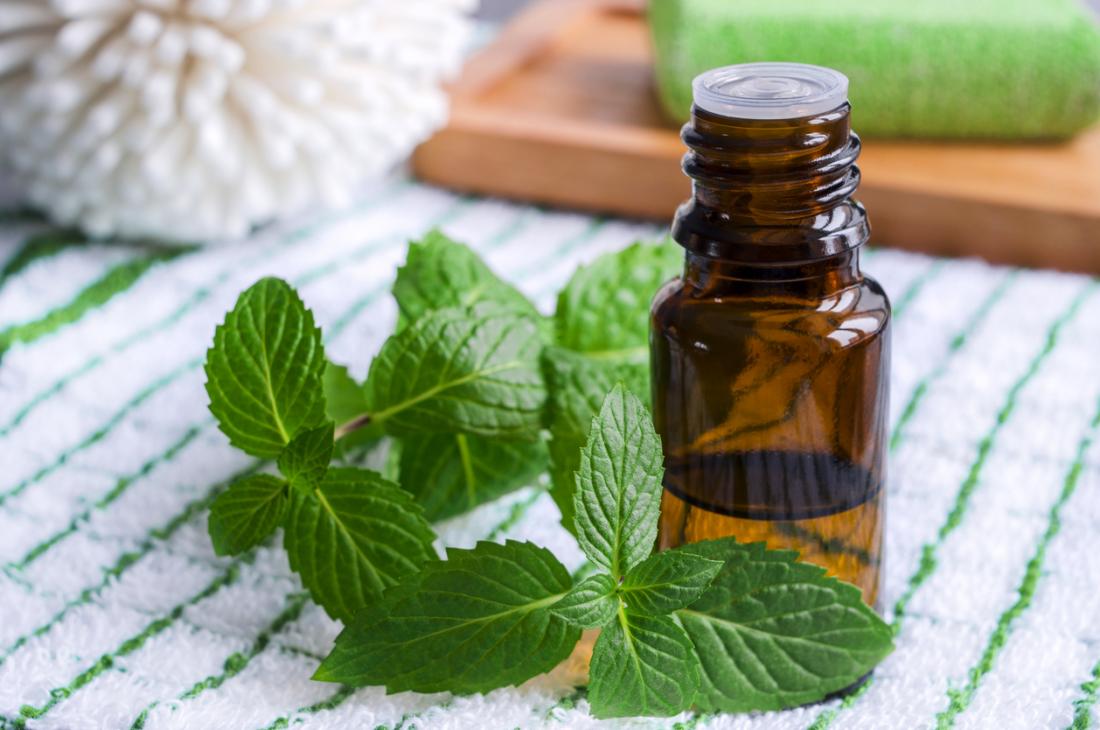Experiencing muscle tightness and soreness at times is common. While some over-the-counter medications can help, many people are interested in using natural muscle relaxers instead.
There are many possible causes of muscle tightness, pain, and reduced range of motion, including:
- exercise, especially unfamiliar exercise
- a backache
- pregnancy
- fibromyalgia symptoms
People who wish to avoid synthetic drugs, such as ibuprofen, may find some natural muscle relaxers beneficial.
These 12 natural muscle relaxers include the following foods, supplements, and techniques:
1. Cherries and tart cherry juice

Cherries and tart cherry juice may act as natural muscle relaxants.
Cherries are rich in antioxidants and anti-inflammatory compounds.
A 2018 review found that cherries could reduce pain and muscle damage resulting from exercise.
However, some of the studies used strong cherry concentrate rather than whole fruits, which is important to bear in mind when evaluating the evidence.
Tart cherry juice is available for purchase online.
2. Blueberries
Blueberries are an excellent source of antioxidants and polyphenols, which have anti-inflammatory effects.
A small study found that blueberry supplementation may improve exercise performance and decrease inflammatory markers.
Reducing inflammation can help the muscles relax and recover after exercise.
3. Protein
Adequate protein intake after exercise could help reduce muscle inflammation.
A review looking at exercise-induced muscle damage in women found that supplementing with whey and casein, two types of protein, reduced muscle damage.
Another small study looked at 16 novice marathon runners. Runners who received a combination of protein and carbohydrate during the race felt less muscle soreness 72 hours after the marathon than those who had consumed carbohydrate only.
Various protein powders are available for purchase online.
4. Magnesium
Magnesium is vital for nearly all bodily functions. It is especially important for proper muscle contractions.
Foods that are high in magnesium include:
- almonds
- cashews
- spinach
- black beans
- edamame
People can also take magnesium supplements, although older adults and infants should only take these if a doctor prescribes them. High doses of magnesium may cause stomach cramps and diarrhea.
People can buy magnesium supplements in health food stores, drug stores, or online.
5. Curcumin

Turmeric, cinnamon, and ginger all contain curcumin, which has anti-inflammatory properties.
Some research has shown that curcumin may decrease inflammatory markers after exercise.
Taking a curcumin supplement or incorporating turmeric, cinnamon, or ginger into a healthful diet may help relax the muscles.
Women who are breastfeeding or pregnant should avoid consuming too much curcumin.
People can purchase curcumin online.
6. Pomegranate juice
Pomegranates contain large amounts of polyphenols. The antioxidant capacity of their juice is potentially three times higher than that of green tea.
One study on elite weightlifters found that pomegranate juice may help speed up muscle recovery.
Pomegranate juice is available for purchase online.
7. Arnica
Arnica is a common ingredient in creams and oils for reducing bruising. People should only use arnica topically because ingesting high doses can be life-threatening.
While some people use arnica as a muscle relaxer, researchers have yet to prove its effectiveness.
Some older studies on marathon runners found that the use of arnica might reduce muscle soreness. However, another study cited in the same review found that it had no effect.
8. Capsaicin
Capsaicin occurs naturally in the pith or fleshy part of chili peppers, and it may provide effective pain relief for people with fibromyalgia.
Some research has shown that applying capsaicin to the skin could have a positive effect on muscle soreness. Capsaicin cream is available for purchase online.
However, capsaicin may be more appropriate as a treatment for nerve pain rather than inflammatory muscle pain. Researchers believe that capsaicin reduces the density of nerve fibers underneath the skin.
9. Cannabidiol (CBD) oil
Some people use CBD oil to help treat chronic pain, including muscle pain.
Research suggests that it may work as a muscle relaxer, and some people use it for this purpose.
Cannabis plants contain two particular anti-inflammatory agents that act as muscle relaxers:
- Delta-limonene, which is also in citrus fruits
- Beta-myrcene, which is also in lemongrass and basil
CBD oil is not legal in all areas, and it may react with other medications. As a result, it is best to speak with a doctor before trying it.
10. Peppermint oil

Peppermint oil is a popular home remedy for muscle pain. The authors of a 2018 review suggest that taking peppermint orally may effectively relieve pain.
There is also some evidence to support the topical use of peppermint oil for sprains, as it may provide a cooling effect, pain relief, and muscular relaxation.
Peppermint oil is unsuitable for some people, including those with problems affecting the bile duct, liver, or gallbladder.
11. Lemongrass
Some people use lemongrass oil or tea to treat arthritic joint pain and inflammation.
Some evidence suggests that lemongrass may be effective in treating inflammation and nerve pain.
12. Massage
A deep tissue massage from a qualified massage therapist is a great way to relieve tense muscles.
The massage should be firm but not painful. If a person is experiencing muscle spasms, they should see a physiotherapist who can help determine the underlying problem.
When to see a doctor
Muscle aches can be uncomfortable, but they are common after exercise, especially if the type of activity is unfamiliar.
Anyone who is experiencing sudden, sharp pain or reduced range of motion should see a doctor or physiotherapist.
Before trying new methods to relax their muscles, people should discuss the possible side effects with their doctor.